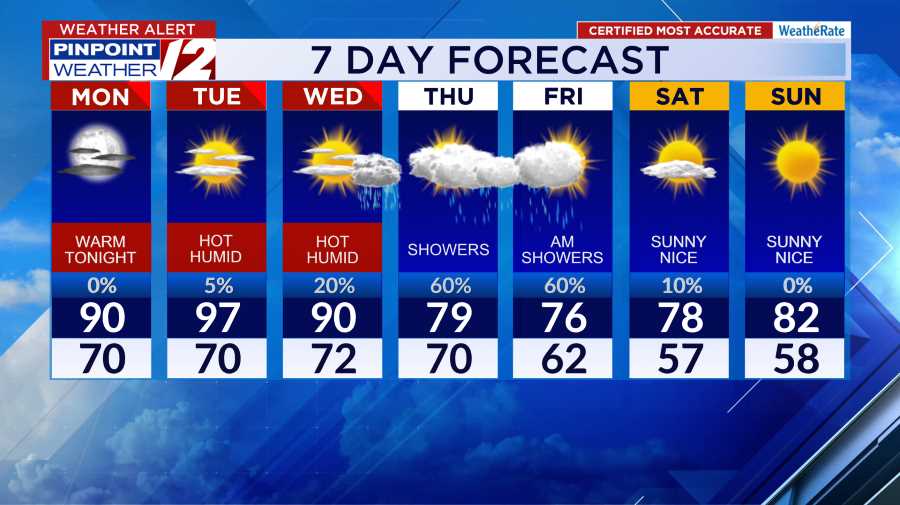EAST PROVIDENCE, R.I. (WPRI) — It’s a disturbing trend in Southern New England and nationwide: inappropriate and sometimes abusive behavior by parents at youth sporting events. And, according to the heads of several local sports organizations, it’s resulting in a shortage of referees and other officials.
Frank Lombardi has been a high school soccer official in Rhode Island for more than 30 years and says the abuse has transitioned from verbal instances to physical.
“We are allowed to walk off fields unsupervised in the middle of the fans and fans make comments and do all sorts of things,” said Lombardi, who recalled one instance in which an official was assaulted by a 16-year-old player. “The trend is not improving, it’s certainly getting worse.”
Not only is the bad behavior causing current officials to throw in the towel, Lombardi said it’s getting increasingly harder to recruit younger referees.
Lombardi, 57, said the average age of referees is getting older, and younger people aren’t lining up to take their place.
“There is no one saying, ‘I’m eager to be a ref.’ There are more saying, ‘Look, I can’t deal with this anymore,'” Lombardi said. “They’re not kicking the door down.”
It’s a sentiment with which Al Ricci, president of RI Girls Soccer Officials, agrees.
“We lose 50% of our referees who are 21 years old or younger every year because they are treated so poorly,” Ricci said.
Bob Cavanagh spent more than 30 years as a coach and athletic director at South Kingstown High School, even winning several state soccer titles. He’s witnessed the decline in decorum first-hand.
“I coach in a recreational league now where they have to send out emails and texts to parents that bad sideline behavior by the parents won’t be tolerated,” he said. “I mean, whoever thought 25 years ago you would ever have to do that?”
The refs aren’t the only ones affected. More than 62% of high school athletic directors surveyed nationwide said dealing with aggressive and/or uncooperative parents and adult fans is what they like least about their jobs.
Cavanagh hypothesized what’s causing the increase in bad behavior.
“Part of it, I think, is youth sports has become a big business and along with that comes a lot of pressure: pressure to perform, pressure to show that your investment in your children has paid off, and pressure on referees to always make the right call,” he said.
According to Cavanagh, the amount of abuse officials are willing to endure from parents has reached a crucial tipping point.
“I’ve always said, there’s no greater joy in life than watching kids succeed, and I think that’s why a lot of referees ref,” Cavanagh added. “They aren’t going to get rich over it, but [they quit] when it becomes a burden and it’s something you don’t look forward to anymore.”
The problem is not specific to soccer nor is it just high school or club and travel sports, said Tom Mezzanotte, executive director of the Rhode Island Interscholastic League.
“It’s become a different issue where parents think, for whatever reason, they go to the game, they purchase a ticket, and they can say whatever they want. And that’s not the case,” he said, urging parents to remember what youth sports is truly about.
“You know, you don’t have to raise your blood pressure level up to an unreasonable level,” Mezzanotte continued. “Just enjoy it and understand that these are kids trying to do their best and these are officials and coaches trying to do their best and just enjoy it because, in a very short time, it’s over. There will be times later you’ll drive by that field and say, ‘I had some great times there’ or ‘what an awful person I was at those games.'”




















